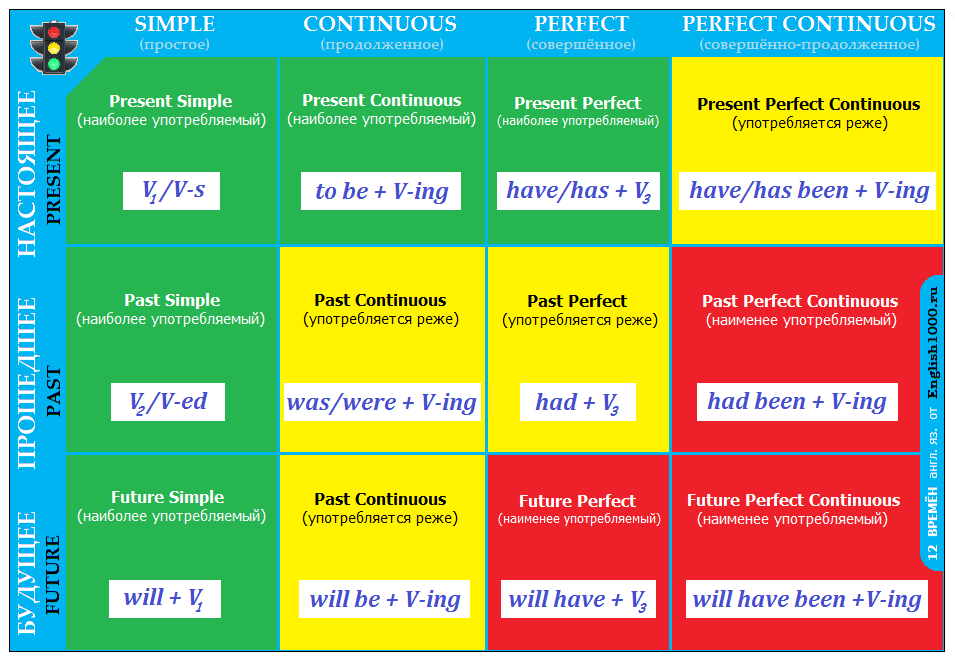План- конспект открытого урока английского языка в 11 А классе ШИ №1
Тема урока: Урок английского языка по творчеству Кайсына Кулиева
Цель урока: активизировать потенциал знаний, умений и навыков говорения и аудирования по теме, обобщение пройденного материала по теме: «Времена английского глагола» (“English Times.”)
Задачи:
- расширить лингвострановедческий компонент знаний учащихся;
- повторение и обобщение грамматического материала по теме: «Времена английского глагола».
- развивать навыки коммуникативной компетенции (с помощью системы упражнений);
- воспитывать уважительное отношение к истории и культуре страны изучаемого языка.
Пути реализации поставленных задач:
- организация обучения для реализации практических задач в реальной жизненной ситуации;
- использование разнообразных приемов и методов работы на уроке;
- изменение роли учителя - статус «консультант», «помощник».
Оснащение урока: мультимедийная установка, компьютер.
План урока
1.Вступительное слово учителя. Постановка задачи.
Good morning, Astemir! Good morning dear guests. We are glad to see you. Today we are going to have an unusual lesson: we are going to speak about a great Balkar poet Kaisyn Kuliev.
I hope you will help me to do it. The aim of our lesson is to learn more about this great man and we shall begin with the words you see on the screen.
“Peace and joy to you, the living!”
(K. Kuliev)
2.Активизация устной речи учащихся с опорой на имеющийся в их распоряжении материала.
T: Look at this portrait of the writer. What can you tell us about him?
P1: Kaysin Kuliev is people’s poet. His poetry is widely popular.
He was born in the mountain village of Upper Chegem. His most important books are: Bread and the Rose, The Wounded Stone, Selected Poems. In 1966 he was awarded the Gorky State Prize for his book of verse The Wounded Stone.
Words and phrases from Kuliev’s writings have become part of the Balkarian language and are used by all.
Мир и радость вам живущие!
Первой пулей на войне любой
Поражают сердце материнское.
Пусть никогда не умирают дети!
И золотом зовётся не молчание… А мудрость слова, сказанного в срок
«Легко любить все человечество – попробуй, полюби соседа»,
P2: K. Kuliev
3.Фонетическая разминка. Peace and joy to you, the living! (аудирование)
Peace and joy to you, the living!
It’s for you the sun shines bright,
Silver stars come out at night,
And the moonbeams shed their light.
Peace and joy to you, the living!
It’s to bring you blessed rain
Come the clouds from far away,
Helping you to grow your grain.
4. Выполнение упражнений для закрепления грамматики. (Today we will revise the grammar rules. Look at the screen, please. You can see the tables with the grammar rules on the theme: “English Times.”
В принципе, основных времен (times) в английском действительно всего три: настоящее (Present), прошедшее (Past) и будущее (Future). Однако каждое из них имеет по четыре формы (tenses): простое (Simple), продолженное (Continuous), завершенное (Perfect) и завершенное продолженное время (Perfect Continuous). Составляя простейшую прямоугольную матрицу три на четыре, получаем искомые двенадцать времен (к сожалению, в русской англоведческой терминологии не нашлось адекватного аналога для tense, поэтому нам придется использовать общее грамматическое понятие времени).

A black horse on white snow
Death gives quarter to none,
No mercy does it know.
A horse dies on the run.
A black horse on white snow…
The hotter was the chase,
The faster did he run,
And if there was a race,
A prize he always won.
He knew the mountainside,
Each path and every slope.
And many lovely brides
He had helped to elope.
His ears alert and keen,
His legs, so slim and fast,
He flew through the ravines
And up the sheerest paths.
Now on the snow he lies
Alone, with no one near,
His mournful violet eyes
Are glazed with unshed tears.
Answer my question: “What times are in this text? (There are ……… in this text. Because it has got the next words….).
5. Look through the biography of K. Kuliev once more and ask each other questions:
Questions:
When and where was Kuliev born?
What was his mother?
What was his father?
What kind of education did he get?
How many children did they have?
6. When did he die ?
T: let us say a few words about Kuliev, his work and his influence on literature.
P1: Kuliev was a great humanist. He believed in man and wished people of his country
to be wiser and happier. Kuliev's poetry has made a lasting impression on literature.
6. Our lesson is over. I thank you for your good work and help. I hope that our lesson will be the starting point in your learning and reading Kuliev’s poems. Good bye.

















